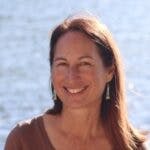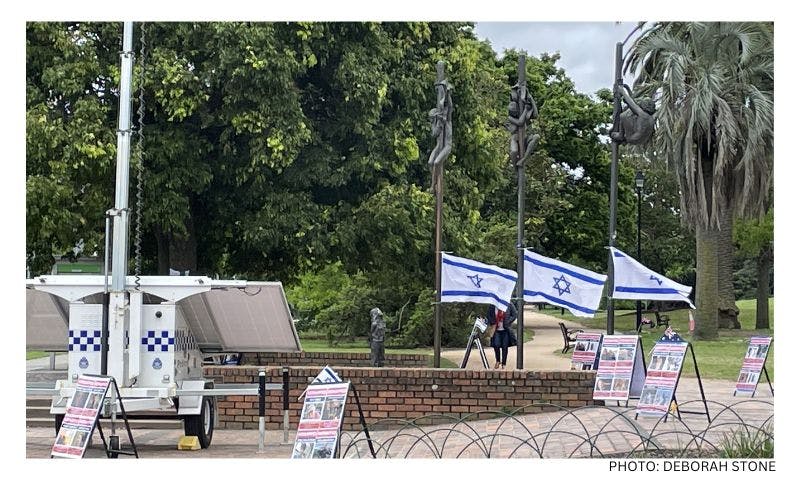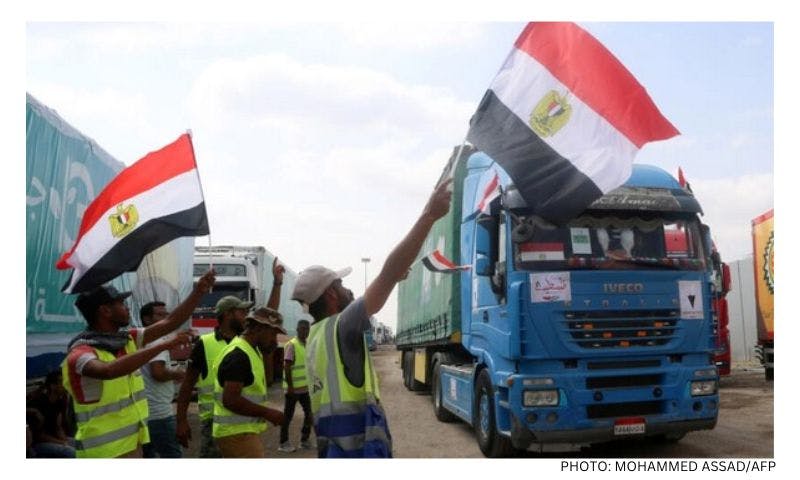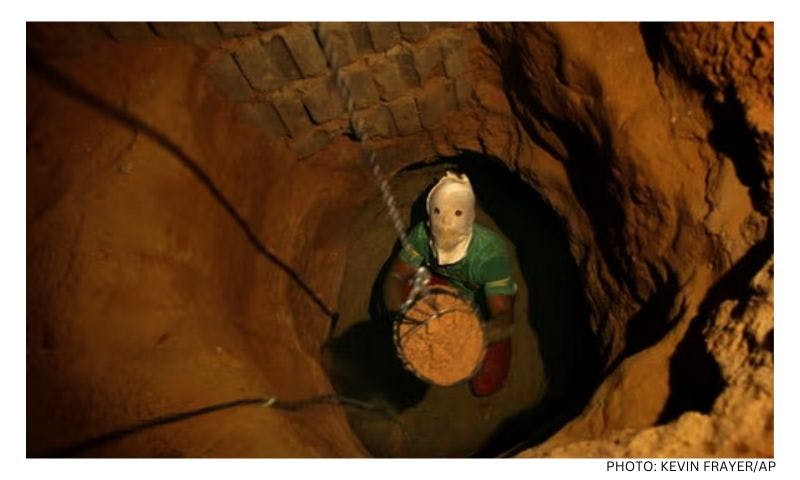Published: 28 November 2017
Last updated: 4 March 2024
He’s been aware of his missing siblings "my whole life. I’ve never known not knowing,” says Ben-Moshe.
In My Mother’s Lost Children, the most personal of his documentaries, Ben-Moshe turns the camera on his own family, piecing together the story of a teenage mother, a husband disappearing with her children, and a reunion which takes place across continents - decades later.
The film, which premiered at the Jewish International Film Festival last month (when his other recent documentary, Shalom Bollywood, also screened), will be broadcast in an edited version on ABC, December 5.
From an early age as he grew up in London, Ben-Moshe’s mother told him and his sister, Ira, about their lost half-siblings, Michelle and Andrew. This is because "she didn’t believe in secrets,” and she didn’t want someone someday revealing this other life to them and have that come as a shock. The other reason, he says, was “if ever we were reunited, that we could love each other as siblings. And that’s kind of what happened.
"As a child, I always felt that there was this hole, that there was something missing, and I did think about them, particularly my brother Andrew. I don’t know if that’s a boy thing. Growing up, you have imaginary friends. I didn’t have an imaginary friend, but I did imagine playing with my brother. So it was always part of my mental landscape.”
“As a child, I always felt that there was this hole, that there was something missing, and I did think about them, particularly my brother Andrew.
Though he longed for his brother as playmate, it wouldn’t be until he was an adult, having moved to Melbourne and with children of his own, that Ben-Moshe would finally meet Andrew. And then, it was as the result of a long search instigated by his lost sister Michelle through the Salvation Army; a mission which very nearly failed.
“My mother had changed her maiden name and my parents had moved address multiple times,” says Ben-Moshe. The letter which ultimately reconnected the family may have remained unopened were it not for a thoughtful old neighbour collecting and storing the mail.
As Ben-Moshe says, this took place before Google was a household word. He and Ira have since mused that if any of the family members tried to track each other down now, they’d simply do a google search. Indeed, the first children would not have remained “lost” for so long today, with people being able to track movements and find answers through social media.
[gallery columns="2" size="large" ids="15619,15620"]
It was around four years ago that Ben-Moshe decided to make My Mother’s Lost Children, and the prompt came from Michelle who said that there are so many children who don’t know where their parents are, that “if some of these people knew my story, that I found my mother after 20 years” of searching, it would give them hope”.
“So I said to her, I can try and tell your story, but I’m only going to do that if everyone who’s in this story agrees that they want this story told. And everyone did agree, and that was it.”
It wasn’t the first time that Ben-Moshe had toyed with the idea of turning the family saga into a film. “Whenever I would tell people the story of my lost siblings, they would say you should make that into a film, it’s a great film,” but he wasn’t ready to put his family under the spotlight.
“Once the idea came from Michelle, and once we’d got to know each other and love each other . . . then the timing was right.”
At the start, their mother hadn’t been overly enthusiastic about the project, however she agreed to take part to please her children, saying that if they thought it would be an interesting story for other people, then OK.
Though she probably thought her involvement would be fairly matter-of-fact, recounting a story she had become familiar with and resigned to over the years, revisiting the past had a very strong emotional impact on her. As she said many times during the filming - unfortunately for Ben-Moshe, when the cameras weren’t rolling - it was a cathartic experience.
“She thought it was wonderful. The film has provided a kind of impetus and a rationale to perhaps do things that wouldn’t otherwise have happened,” says Ben-Moshe. And it isn’t just his mother who has gained from the experience.
[gallery columns="1" size="large" ids="15621"]
“Her biggest concern was that people would judge her harshly. But I don’t think anyone does. At the premiere screening in the UK, people were really empathetic and understanding of her.”
"The film has forced lots of conversations. People have had to, if not directly hear from each other, by watching the film heard the other point of views, and I think that has been very healthy and helpful. I would say that everyone across the family is better connected. Not just me, with a sense that I’m now one of four, not one of two, I would say that everyone feels kind of closer as a result and more healed.”
Ben-Moshe says the key thing for a film maker is to have trust. “If there is one thing you should learn in film school, and I never went to film school, is establish trust with your cast. So, from a starting position I was in a good relationship. But you do have distance when you are asking tough questions ordinarily for a film, but I didn’t have that distance. I had to keep myself in film-maker mode to be able to be objective and ask the right questions.”
When I speak with Ben-Moshe, his film is due to air on the BBC that night. It’s been written up as “The Critic’s Choice” in The Sunday Times, so millions of people will see it. His mother is apprehensive about the public response.
“Previously, her biggest concern was that people would judge her harshly. People who would know her, in her block of flats, at her local shops, wherever she goes. Her concern was everyone’s going to know my business and judge me harshly. But I don’t think anyone does. At the premiere screening in the UK, people were really empathetic and understanding of her.”
Audiences watching the documentary on the ABC will be seeing an edited version of the feature film. How did Ben-Moshe feel about having to lose so much of his own “baby”?
"Terrible. And my only advice to people would be to catch up on iView where the full version will be shown. Unfortunately, we had to sacrifice a lot of the story just to make the feature version, and then it was like a slaughter to make the hour (TV) version.”
My Mother’s Lost Children screens on ABC-TV on Tuesday, December 5, at 9.30pm. The full version can be seen on ABC iView
Photo: Danny's mother Lillian, with her two young children, Michelle and Andrew, in London in 1957 (Courtesy Lillian Moss)
WATCH TRAILER HERE




